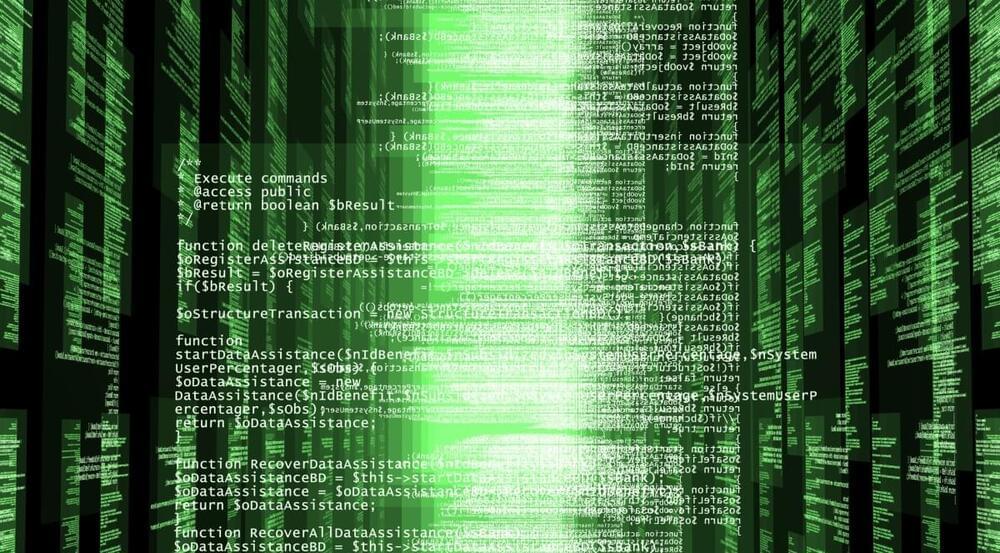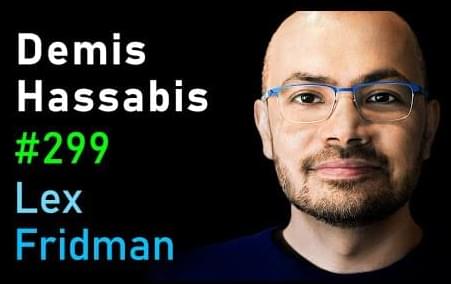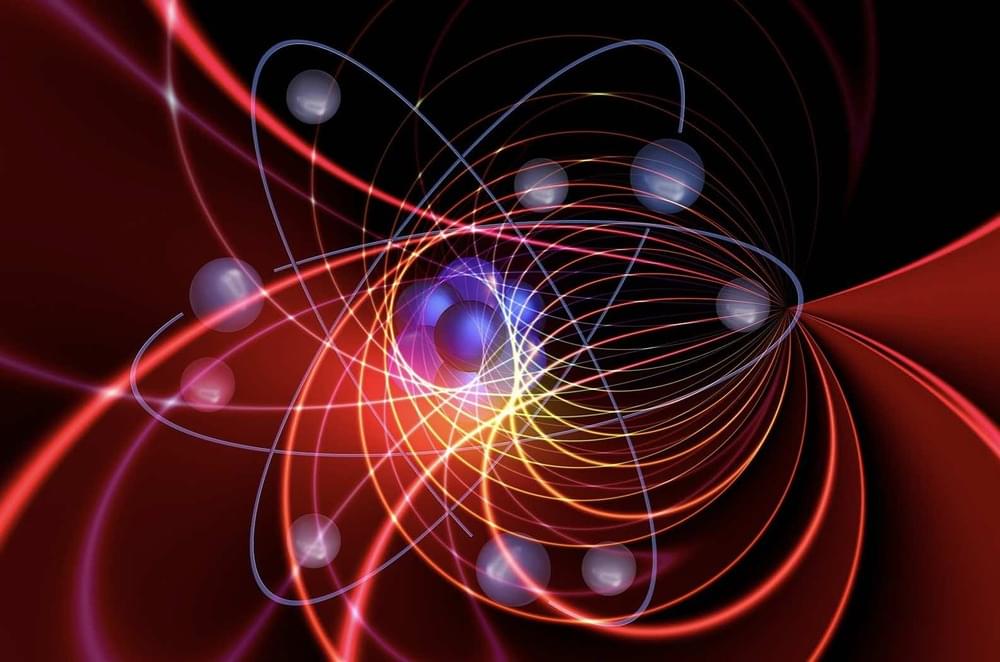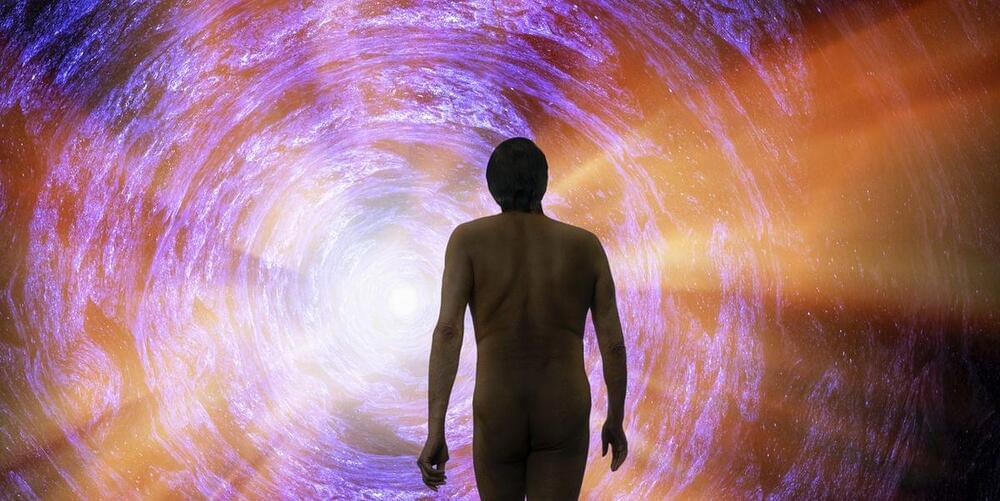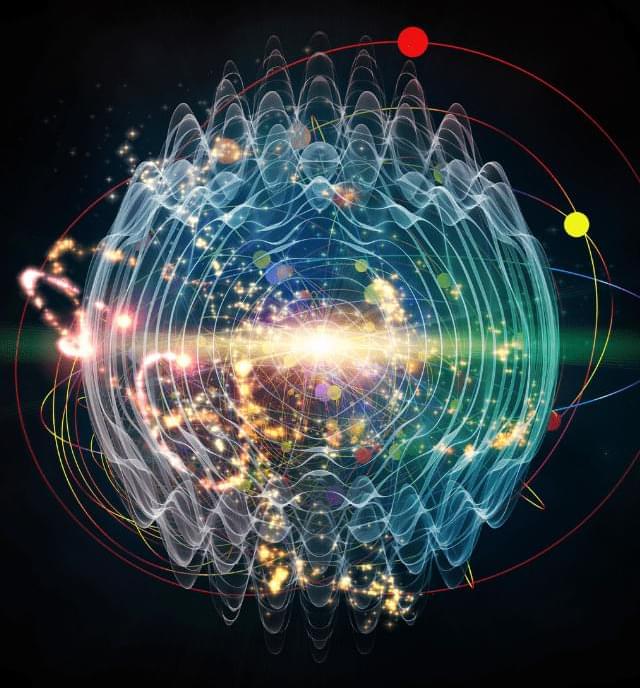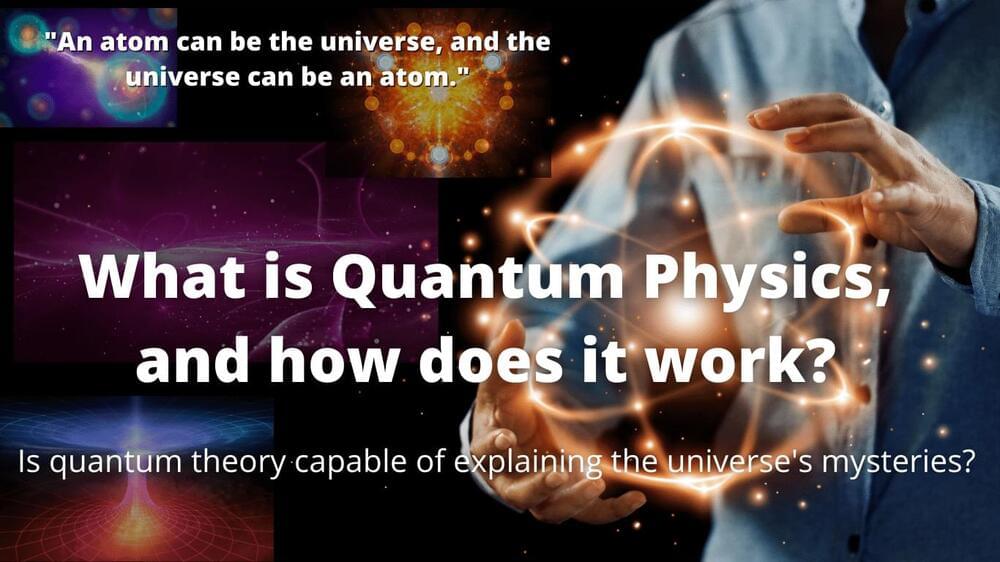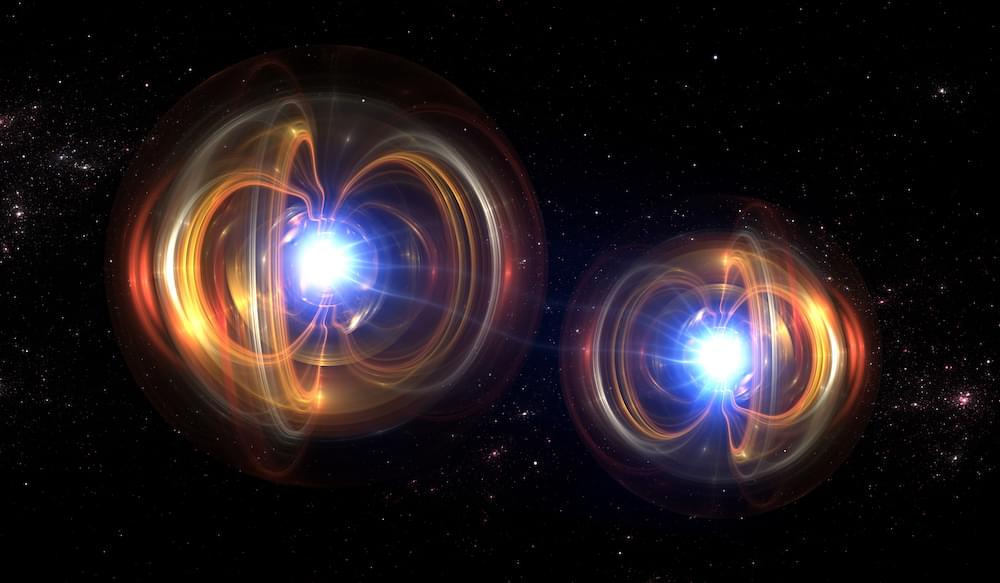Jul 3, 2022
New Quantum Camera Capable of Snapping Photos of ‘Ghosts’
Posted by Quinn Sena in categories: electronics, quantum physics
Circa 2020
By utilizing a process that Einstein famously called “spooky,” scientists have successfully caught “ghosts” on film for the first time using quantum cameras.
The “ghosts” captured on camera weren’t the kind you might first think; scientists didn’t discover the wandering lost souls of our ancestors. Rather, they were able to capture images of objects from photons that never actually encountered the objects pictured. The technology has been dubbed “ghost imaging,” reports National Geographic.
Continue reading “New Quantum Camera Capable of Snapping Photos of ‘Ghosts’” »

